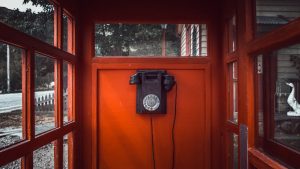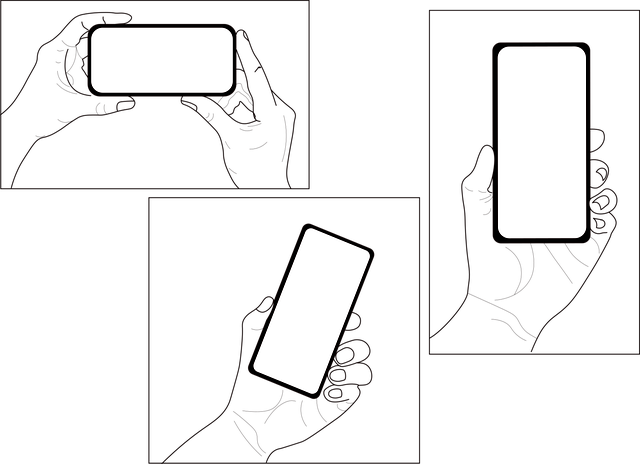Victims of unwanted calls in Spartanburg, SC, have rights protected by state laws like the Telemarketing and Consumer Fraud Act (TCFA). Document incidents, save evidence, and consider blocking apps. Seek legal counsel from a qualified lawyer for Unwanted call South Carolina to file complaints with the FTC or take legal action, ensuring protection of your rights and potential remedies. Local organizations offer free legal aid. Research attorneys specializing in telecom/consumer law with a proven track record. After filing a complaint, consult a lawyer for guidance and potential legal remedies.
Victims of unwanted calls in Spartanburg, South Carolina, have legal recourse. Understanding state laws and your rights is crucial after experiencing persistent harassment. This guide outlines essential steps to take immediately, connects you with local legal aid organizations, and offers strategies for choosing the right lawyer to pursue your case effectively. From navigating the complaint process to ensuring proper documentation, these resources empower Spartanburg residents to put an end to unwanted calls once and for all. Discover your options and find a lawyer for unwanted call South Carolina to protect your rights.
Understanding Unwanted Call Laws in South Carolina

In South Carolina, unwanted calls, often referred to as telemarketing or robocalls, are regulated by state laws designed to protect residents from intrusive and annoying communication practices. The Telemarketing and Consumer Fraud Act (TCFA) outlines specific rules regarding the content and delivery of marketing messages, including restrictions on automated dialing systems and prerecorded messages. If you’ve been a victim of unwanted calls in Spartanburg or anywhere in South Carolina, it’s essential to know that you have legal recourse.
A lawyer specializing in unwanted call cases in South Carolina can guide victims through the state’s laws and help them understand their rights. They can assist with filing complaints against the offenders, seeking damages for emotional distress or harassment, and even pursuing class-action lawsuits if multiple individuals have been affected. With their expertise, a lawyer for unwanted call South Carolina can ensure that your rights are protected and help put an end to these disturbing communications.
Your Rights as a Victim: What to Do Immediately

As a victim of unwanted calls in Spartanburg, South Carolina, you have rights and immediate steps you can take to protect yourself. The first course of action is to document every incident, including dates, times, and details of the calls. Save any voicemail messages or text communications as evidence. You can also use blocking apps or request that your service provider blocks the number.
Seeking legal counsel from a lawyer for unwanted call South Carolina is crucial. They can guide you on the best course of action based on state laws, which may include filing a complaint with the Federal Trade Commission (FTC) or taking legal action against the caller. A qualified attorney can help ensure your rights are protected and assist in securing any available remedies, such as damages or an injunction to stop the calls.
Local Legal Aid Organizations in Spartanburg County

In Spartanburg County, several local legal aid organizations offer crucial support to victims of unwanted calls, providing a vital resource for those seeking justice and resolution in South Carolina. These non-profit groups are dedicated to ensuring that individuals affected by persistent or harassing phone calls have access to legal counsel. One such organization is the Spartanburg Legal Services, which offers free legal assistance to low-income individuals, including victims of unwanted telemarketing or robocalls. Their team comprises experienced lawyers who can guide clients through the legal process and help them understand their rights.
Another notable entity is the South Carolina Legal Aid, with a local office in Spartanburg. This organization provides a wide range of services, including helping consumers dispute debt, resolve housing issues, and stop unwanted calls. They offer both in-person consultations and phone support, making it convenient for victims to seek help from a lawyer for unwanted call cases. Their comprehensive approach ensures that residents of Spartanburg County can navigate the legal system effectively while dealing with such distressing situations.
How to Choose the Right Lawyer for Your Case

When seeking legal assistance for your unwanted call case in Spartanburg, South Carolina, choosing the right lawyer is a crucial step. Start by researching and identifying attorneys who specialize in telecom or consumer protection law. Check their credentials, experience, and client testimonials to ensure they have handled similar cases successfully. Look for a lawyer with a proven track record of winning settlements or judgments for clients facing unwanted calls.
Consider your specific needs and preferences when making your selection. Some lawyers might offer free initial consultations, while others may charge by the hour or on a contingency basis. Discuss your case details openly, and ask about potential outcomes and next steps. The right lawyer should be communicative, empathetic, and committed to fighting for your rights as a victim of unwanted calls.
Steps to Take After Filing a Complaint

After filing a complaint with the appropriate authorities, victims of unwanted calls in Spartanburg should take several steps to ensure their case is handled effectively and that the responsible party is held accountable. Firstly, gather all relevant information about the caller, including any recorded conversations or texts, along with dates and times of the calls. This evidence can be crucial when pursuing legal action.
Next, consider consulting a lawyer specialized in unwanted call cases, especially one experienced in South Carolina laws. A lawyer can guide you through the process, help navigate the legal system, and ensure your rights are protected. They may also advise on potential remedies, such as restraining orders or monetary compensation, available to you under South Carolina’s telecommunications regulations.






